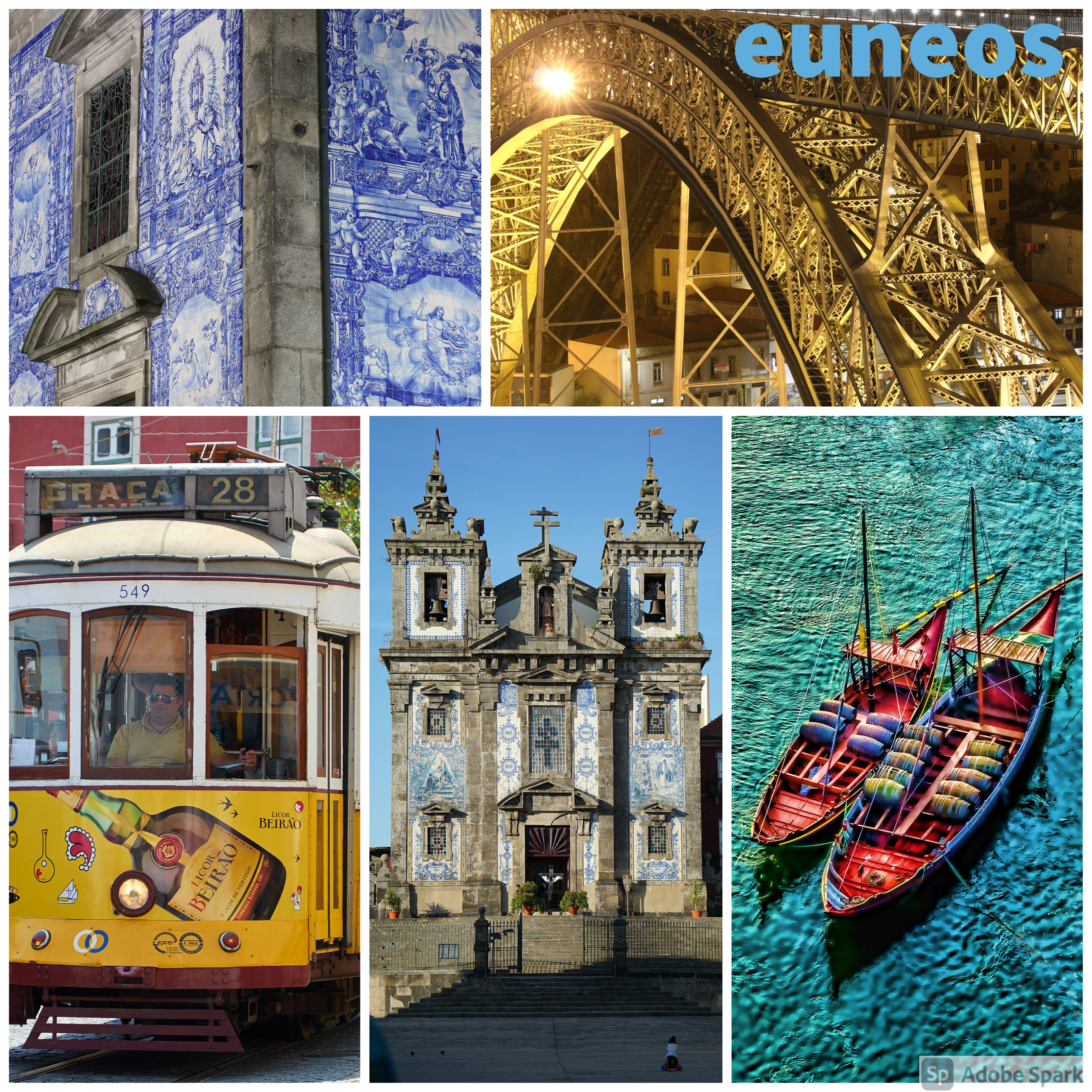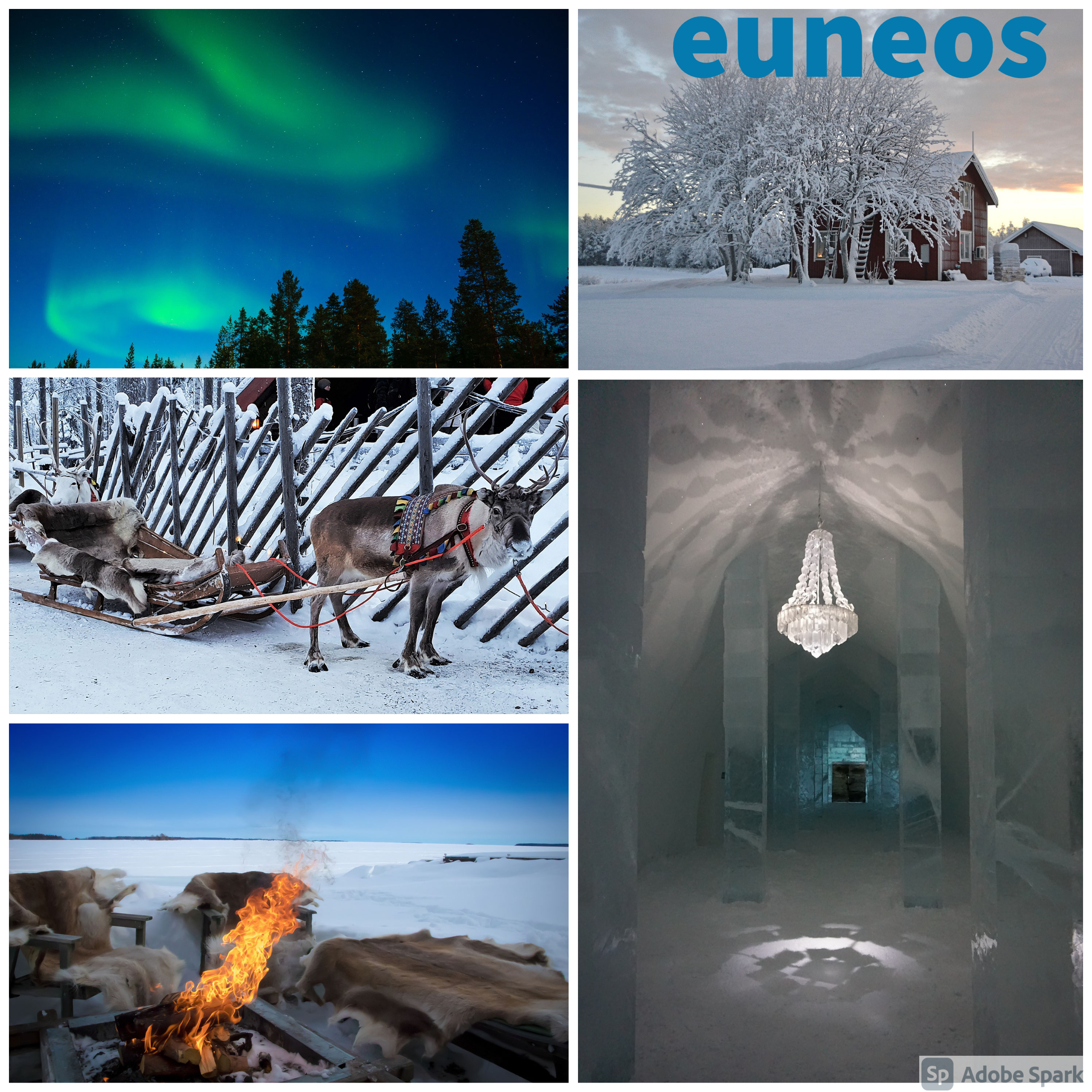.png)
Learn the latest skills
We are in a desperate ""need of a new generation with competences to tackle the challenges of climate change and the sustainability crisis" (Climate university).
“Turn tragedy into triumph” said David Attenborough in COP26.
Teaching Eco Skills course will introduce you to futures studies and futures thinking, teach you how to create alternative futures, provide practical ways to deal with difficult environmental problems with pupils, help reduce climate anxiety in young people, accelerate peer learning in multicultural context.
The ongoing silent crisis , the severity and urgency of which is at least as great as that of global warming: is the biodiversity loss. Without a diverse nature, there is no human being - at least not a very well-being one. Ninety per cent of biodiversity loss is caused by the way we extract and process materials, fuels, and food in a linear economy. We designed that economy. The good news is that we can also redesign it, by tackling the root causes of biodiversity loss and getting more value from what we have.
The focus on circular economy will impart information about circular economy and things connected to it: sustainable development, megatrends including climate change, entrepreneurship, creativity and decreasing anxiety. We have had overconsumption in our planet for too long. Linear economy must be changed to circular economy. In order to create a circular economy society, we need a new kind of expertise, co-operation between silos, development of the operating environment and a general change in attitudes and operating methods. Education plays an important role in developing experts. When today’s school pupils are ready to enter employment, the debate about the circular economy will no one longer exist; the circular economy will be the only way of operating.
Upskill your organization
Target group are the school management, teachers, special education teachers and all other non-teaching experts and staff working in school education, adult education and VET.
The course covers a wide range of topics that schools need to consider and tackle when introducing future skills in their school:
- Futures studies as a science and ways to explore future phenomena at school
- Learn about ecological challenges generally, about circular economy and competences for a circular economy, climate warming and biodiversity loss
- Learn about mega trends including climate change, entrepreneurship and creativity
- Futures skills and how to improve them
- How to minimalize the stress and anxiety between pupils and young people in front of climate crises and “new normal” times
- Alternative futures and how to create them
- Acquire skills to develop a new didactical approach by designing a sequence of learning activities with relevant teaching strategies (discussions, role play, games etc.)
- Adapt learning to the needs of learners by making teaching, studying and learning processes more adequate to access, participate and accomplish
- Advance educational processes with flexible forward curriculum, based on science. More cross-curricular approach to subjects is what is needed to face ecological challenges, climate change on top
- Strengthening the belief that a good future is achievable
The course methodology aspires creating an output. Working individually or in groups on a concrete product to be used in your own school. Participants are given time to develop these outputs and the trainers coach and support them throughout the week, if necessary even long after courses have finished as a follow up.
Earn a certificate
The course participants will get a Certificate of Active Attendance.
The competences acquired will be validated by the course organisers on the Europass mobility.
What makes Euneos the leading course provider in Europe?
Euneos consistently rises to the challenge, empowering our clients with a wide selection of outstanding courses. We're committed to delivering excellence that meets the Quality Standards for courses under Key Action 1 and Rules of application, Annex I - Erasmus Quality Standards, as required by the European Commission.
On-site courses
The Sustainability - Teaching Eco Skills on-site courses take place in Porto, Portugal, Northern Lights Eco, Inari Lapland Finland and Premià de Dalt/Barcelona, Spain. Sustainability - Teaching Eco Skills are 7 day courses that start on Sunday afternoon and end on Saturday at 13:00 o'clock.
> on-site course programme
> planned courses
- CONFIRMED 6 - 12 April 2025, Premia de Dalt/Barcelona. Spain
Compulsory meal package 70EUR.
Including: school lunches & coffee / tea + buiscuits Mon - Fri, light dinner on Sunday & farewell coffee on Saturday.
- CONFIRMED 1 - 7 June 2025, Inari/Lapland, Finland
- CONFIRMED 21 - 27 September 2025, Espinho/Porto, Portugal
> course fees
Euneos has an international team of trainers who are the most experienced in the field of their expertise. Meet Euneos' trainers for the Sustainability - Teaching Eco Skills course:
Main organiser / trainer

Tuovi Ronkainen
- Former principal of Akaa Secondary School
- Student in University of Turku (futures studies), future coach
- Biology and geography teacher
- Project Ambassador of ESHA (European School Heads Association)
- Coordinator of Comenius and Erasmus+ projects in many schools
- Former network coordinator of Baltic sea Project (National Board of Education)
She has been working on many ecological projects both at the national and international levels. Her special area is future education: how to get a positive approach to the future and how to get the skills to solve wicked problems like climate change.

Sustainabilty course in Lapland testimonials:
Euneos choice of venues is based on two essentials: delivering professionalism and assuring personal well-being in order to warrant enjoyable course experience.
Porto, Portugal
> practical information (venue, accommodation, transport etc.)

Inari/Lapland, Finland
> practical information (venue, accommodation, transport etc.)

Premia de Dalt/Barcelona, Spain
> practical information (venue, accommodation, transport etc.)
.jpg)

